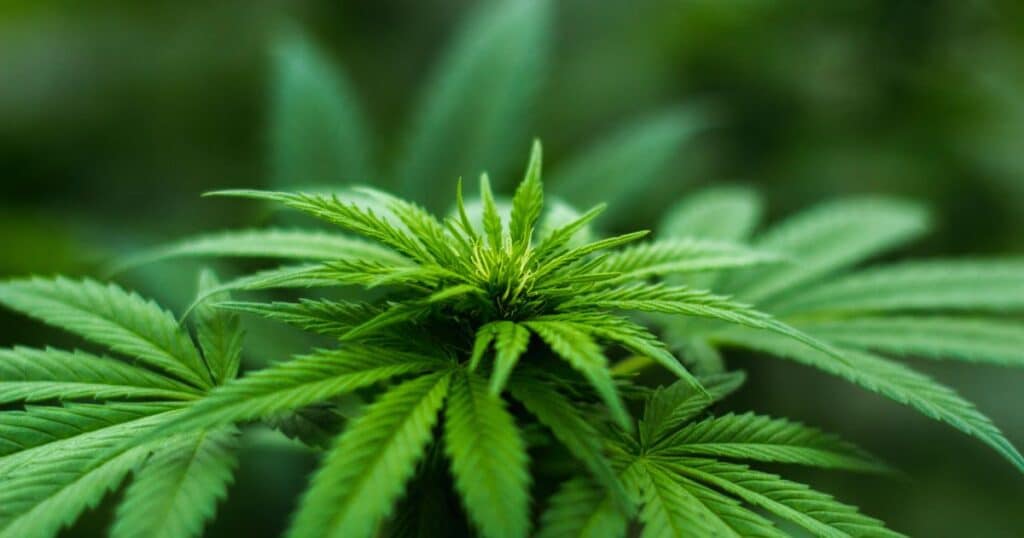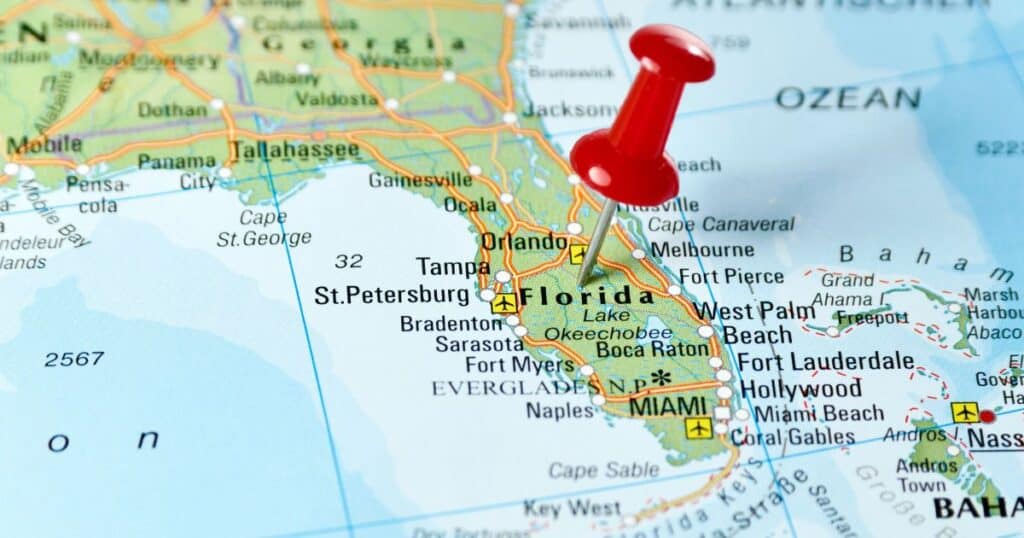In May, Florida Gov. Ron DeSantis (R) signed a bill into law that further restricts the production and advertising of recreational cannabis. The new law, known as HB 1387, went into effect July 1st, making it illegal to promote the use of marijuana for non-medical purposes while adding more stringent restrictions on employees working in the industry.

This move is seen as a blow to both the medical cannabis industry and its patients, as it limits access to products and increases the costs associated with production. It also weakens the talent pool available to work in the industry by removing those with prior criminal records for crimes that would now be misdemeanors or felonies if they had been committed as adults.
HB 1387
The new law, HB 1387, prohibits the production and advertising of recreational marijuana while adding more restrictions for employees working in the industry. This move is seen as a direct attack on the burgeoning cannabis industry and its patients by limiting access to products and increasing the cost associated with production.
The background check requirement for employees has been expanded to include all medical cannabis testing lab employees rather than just owners and managers. Additionally, federal fingerprinting processing and retention fees must now be paid by the medical cannabis business instead of the individual completing the background check.
Moreover, exemptions from employment background screenings have been removed after three years have elapsed for people with felonies, misdemeanors after completing the terms of their sentence, and felonies that have since become reduced to misdemeanors under the statute. As a result of this law, individuals who may have had prior trouble with the law due to marijuana-related offenses could be excluded from working in the industry, despite the current regulations on cannabis now allowing them to do so. The effect of this could be a less diverse workforce that is unable to keep up with the demand of patients seeking access to medical cannabis.
In addition, recreational marijuana advertising has been strictly prohibited, including billboard advertising and public signage. This means it will become even more challenging for patients to find out about products and services offered in their area, thus further limiting their access. The law also places new restrictions on medical marijuana treatment center packaging, labeling, and advertising standards to which all medical cannabis businesses must adhere.
Impact on Patients
The new law significantly impacts the patients who rely on medical cannabis for relief from their symptoms. The restrictions placed on advertising make it more difficult for them to find out about products and services offered in their area, thus further limiting their access. Additionally, with the hefty fees associated with background checks taken out of businesses’ budgets, they could be forced to raise the costs of their products to compensate.

Moreover, pharmaceutical restrictions included in the bill have made it more difficult for patients to access certain medical cannabis products, as they are now prohibited from being produced by medical marijuana treatment centers. This adds another layer of difficulty for those relying on these substances to relieve their ailments and could further reduce access to these products.
Impact on Industry Workers
The new law also significantly impacts the employees working in the medical cannabis industry. The background check requirements have been expanded to include all medical cannabis testing lab employees rather than just owners and managers. Additionally, federal fingerprinting processing and retention fees must now be paid by the medical cannabis business instead of the individual completing the background check.
Exemptions from employment background screenings have also been removed after three years have elapsed for people with felonies, misdemeanors after they’ve completed the terms of their sentence and felonies that have since become reduced to misdemeanors under the statute. This means that individuals who may have had prior trouble with the law due to marijuana-related offenses could be excluded from working in the industry, despite the current laws on cannabis now allowing them to do so.
The effect of this law could be a less diverse workforce that cannot keep up with the demand of patients seeking medical cannabis. This could also result in higher fees for products and services as businesses are forced to pay more for background checks and processing/retention fees. This could ultimately be a detriment to patients, as it places an additional financial burden on them to access the medicine they need.
Overall, it is clear that the new law has had a negative impact on both patients and workers in the medical cannabis industry. Although this law may be intended to improve safety and regulation of the industry, its consequences could prove to be too costly for many individuals involved. Therefore, businesses and advocates need to take action to protect their rights and ensure that access to medical cannabis remains available for those who need it.
Enjoyed that first hit? Come chill with us every week at the Friday Sesh for a freshly packed bowl of the week’s best cannabis news!

















